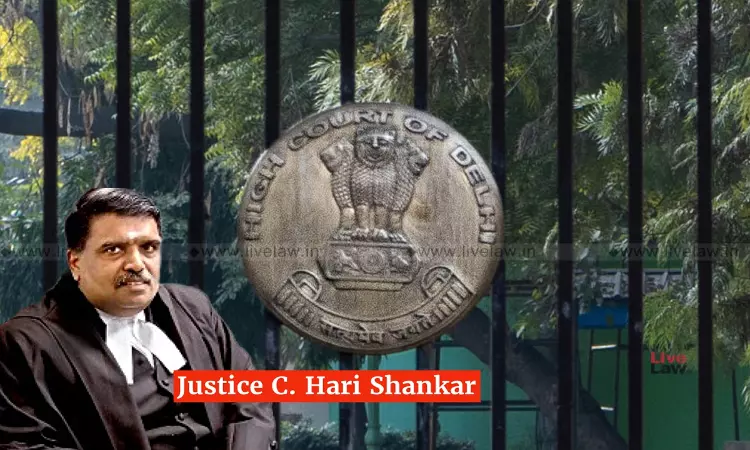The Arbitral Tribunal May Implead A Non-Signatory To The Arbitral Proceedings: Delhi High Court
Mohd Talha Hasan
11 Sept 2024 2:00 PM IST

Next Story
11 Sept 2024 2:00 PM IST
The Delhi High Court bench of Justice C. Harishankar, while deciding an appeal under Section 37(2)(b) has held in the affirmative whether the arbitral tribunal may implead a non-signatory to the arbitration agreement in the proceedings. Following the ratio in Cox and Kings Ltd v. Sap India Pvt Ltd (Cox and Kings II), it observed that whether a non-signatory is bound by...
